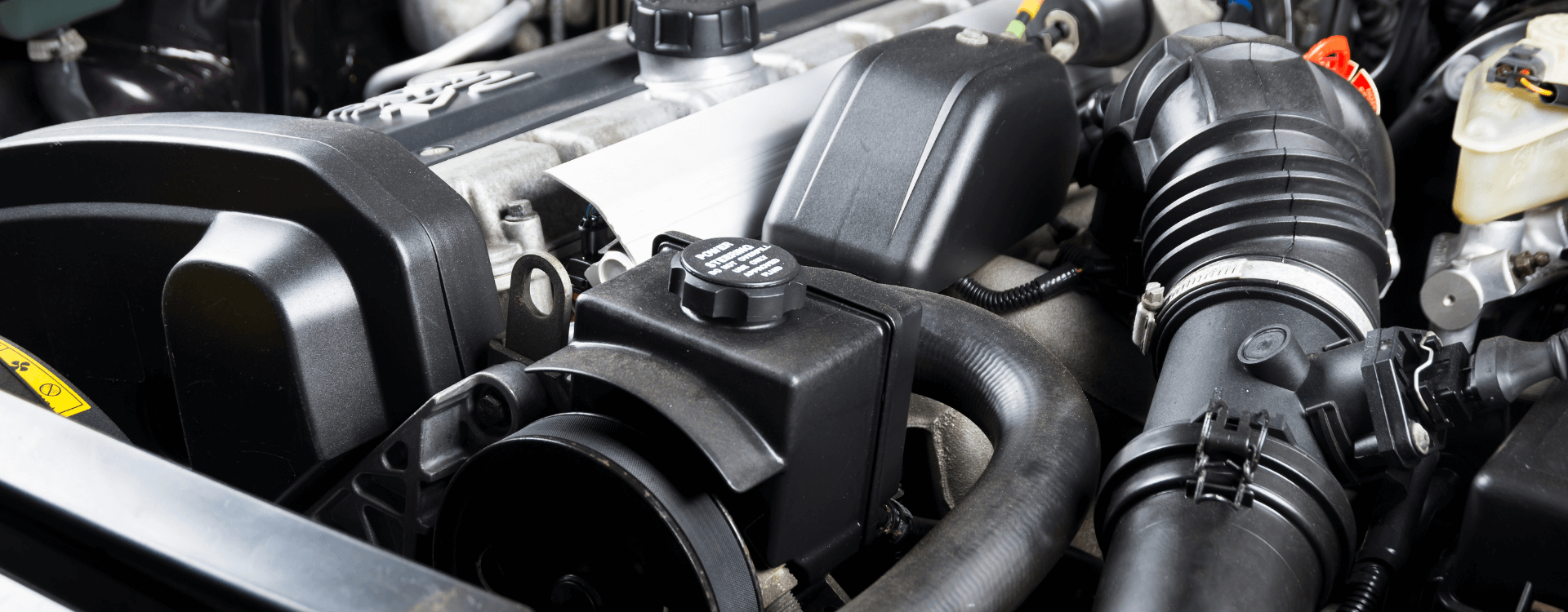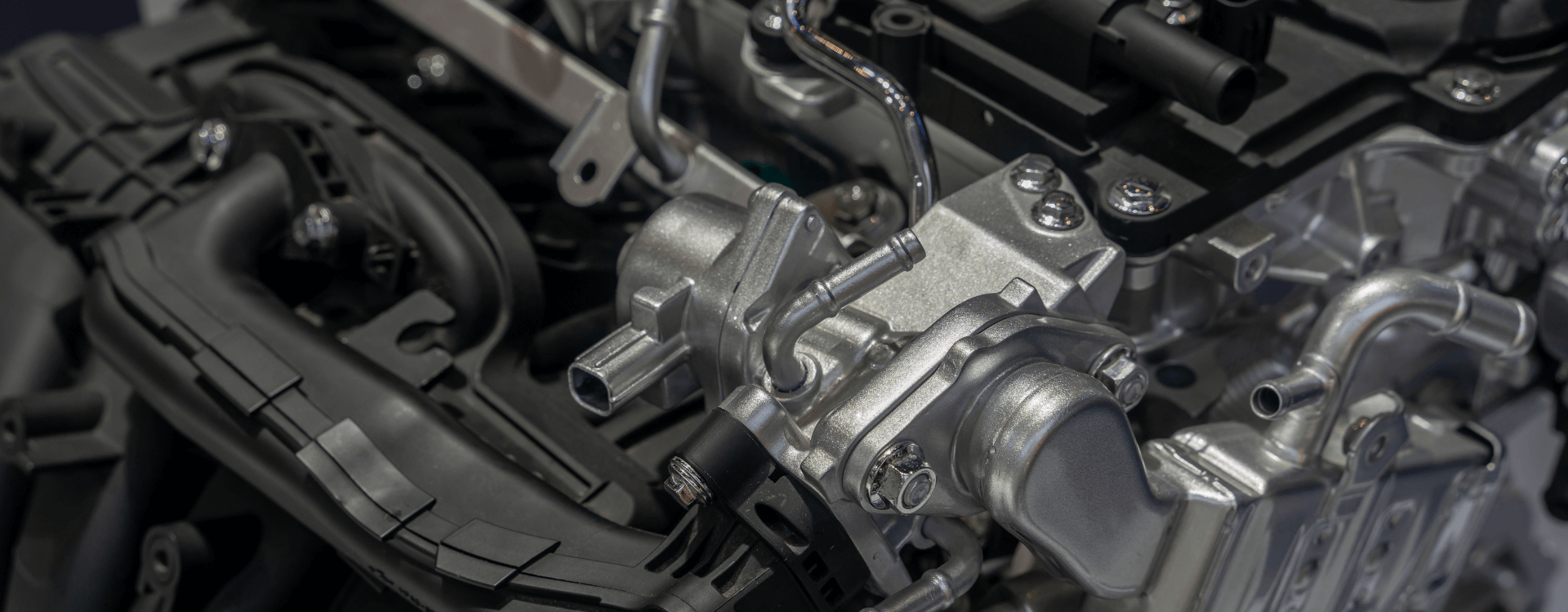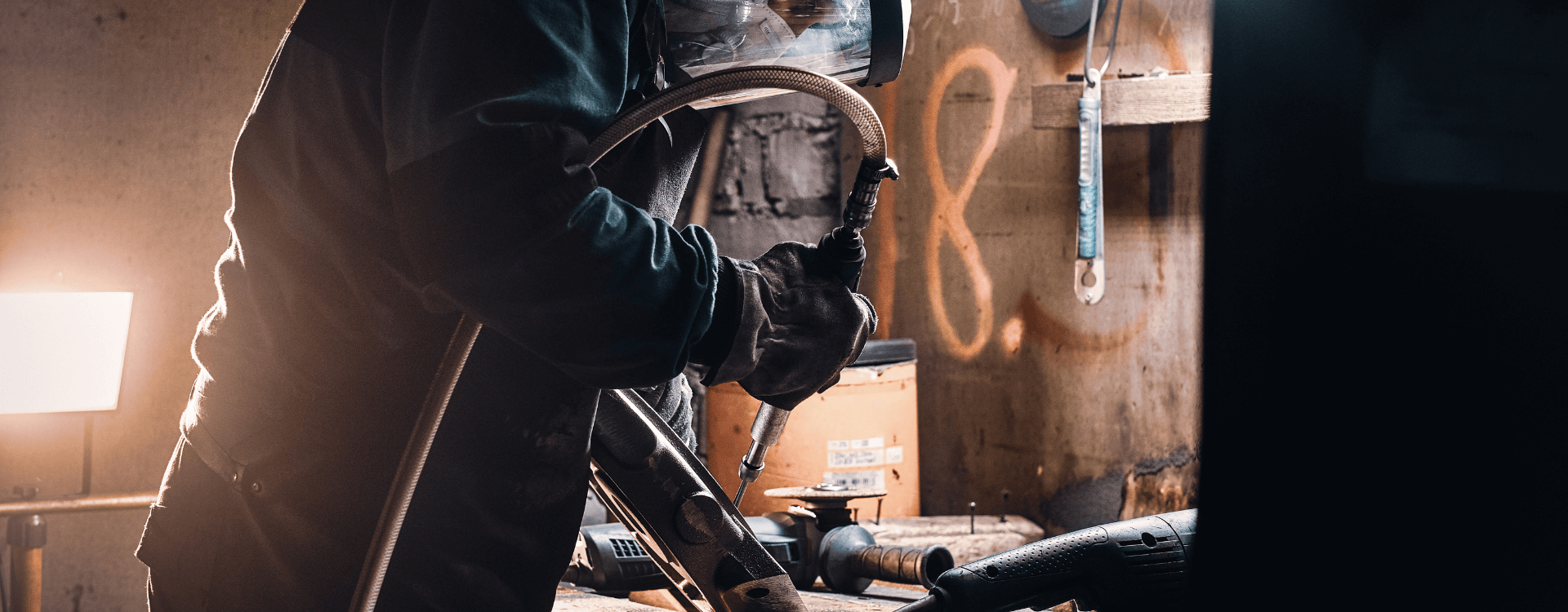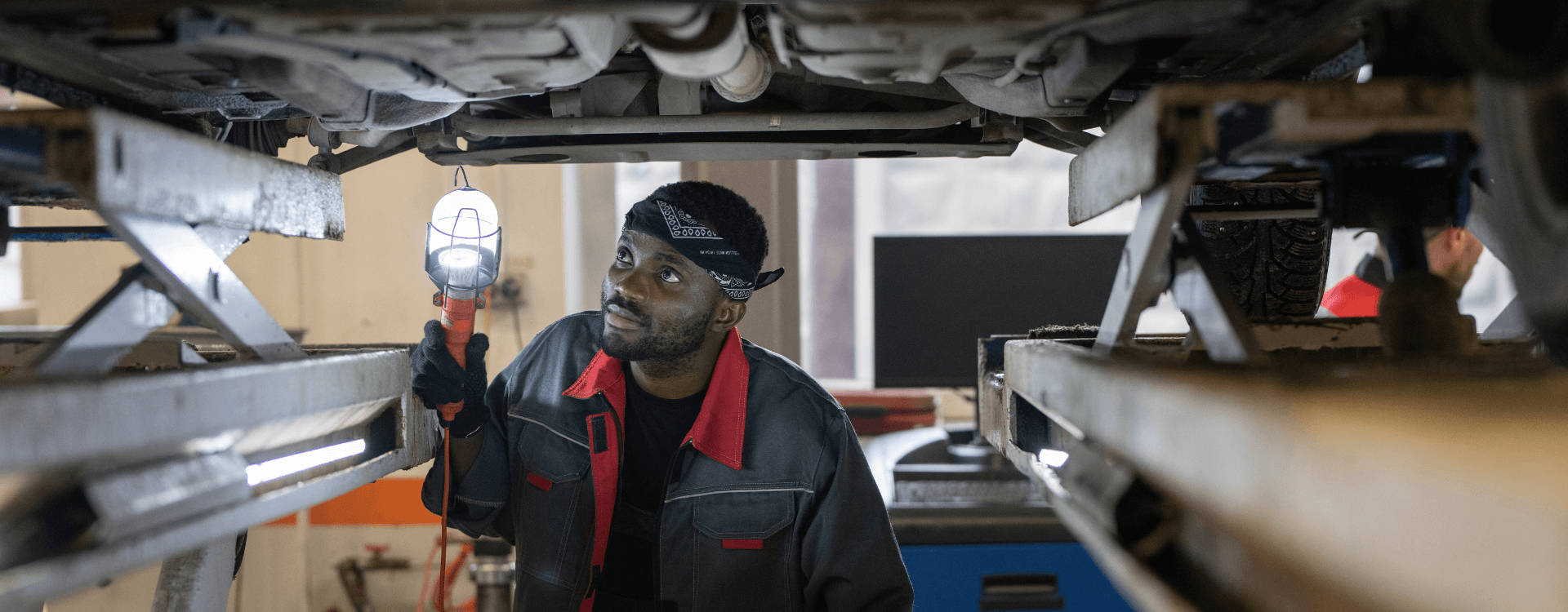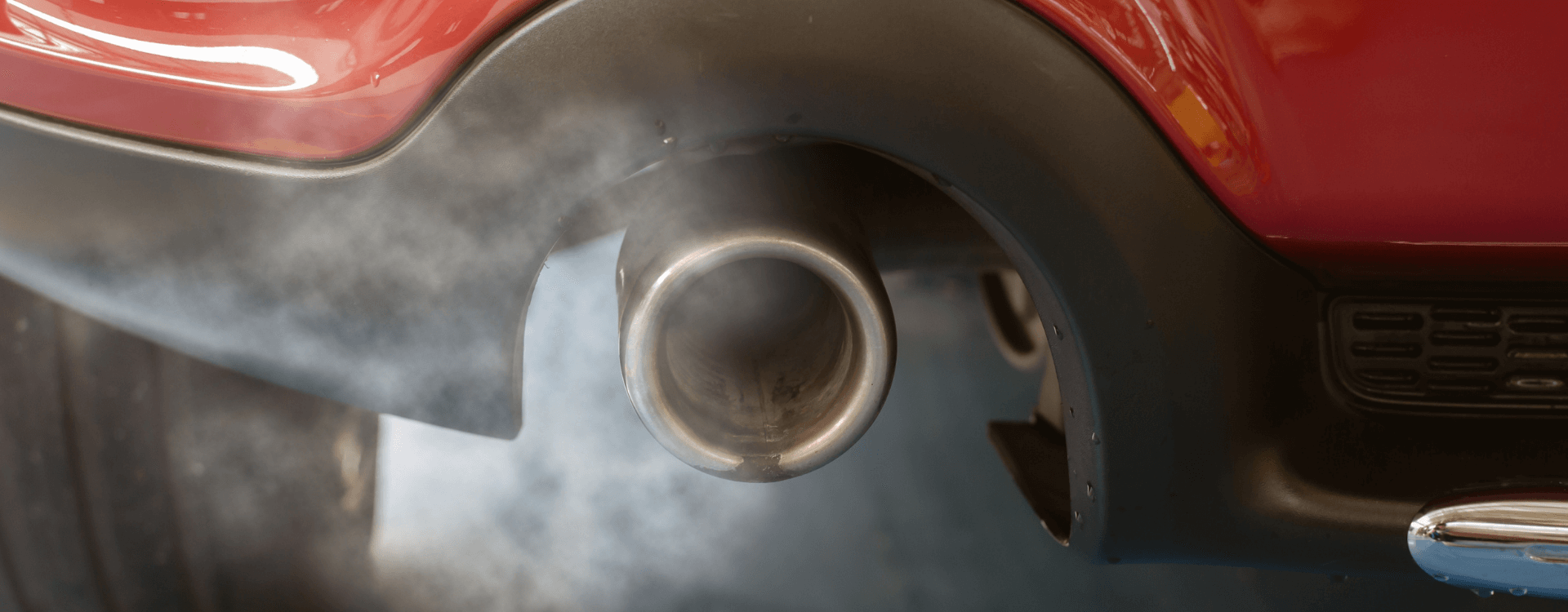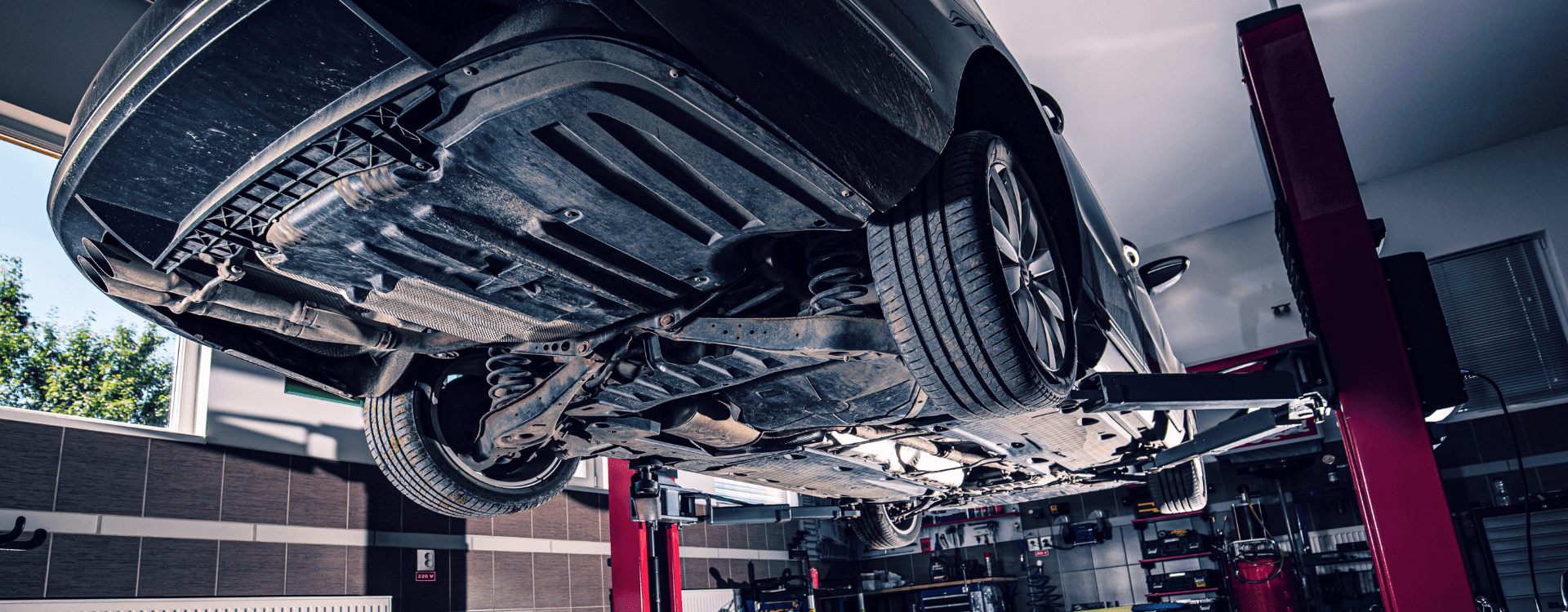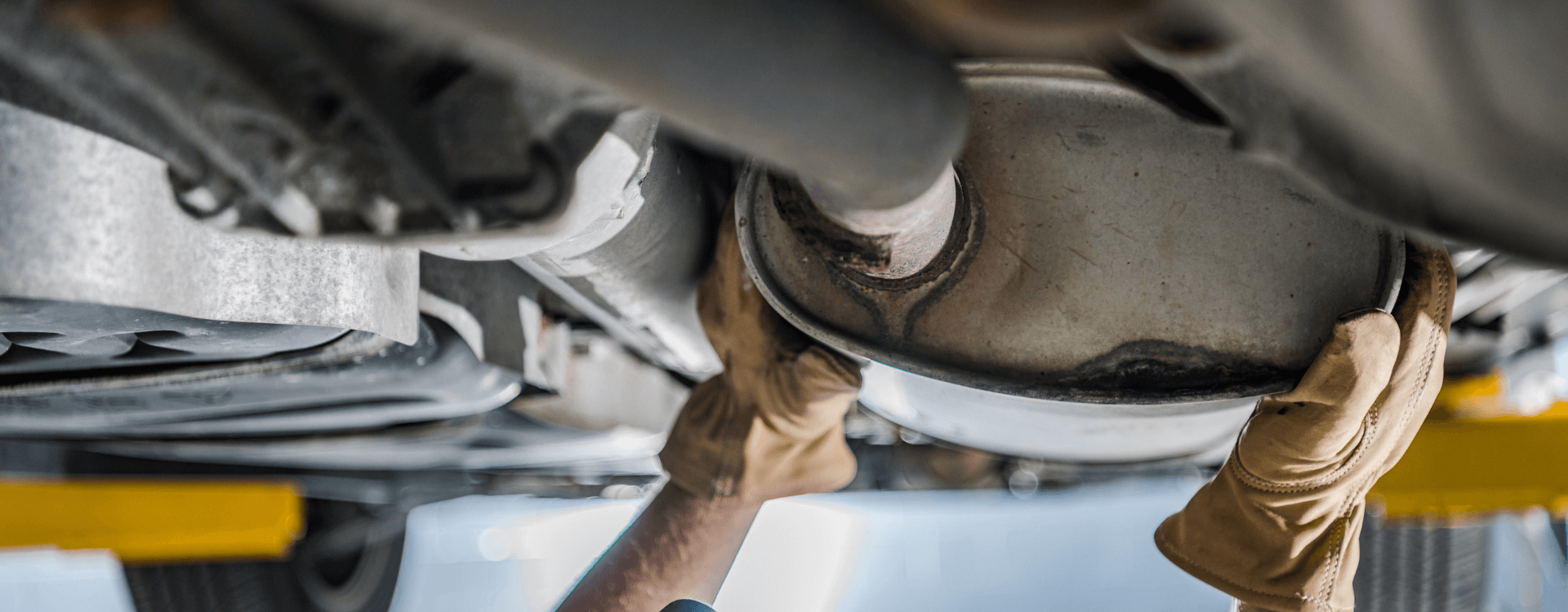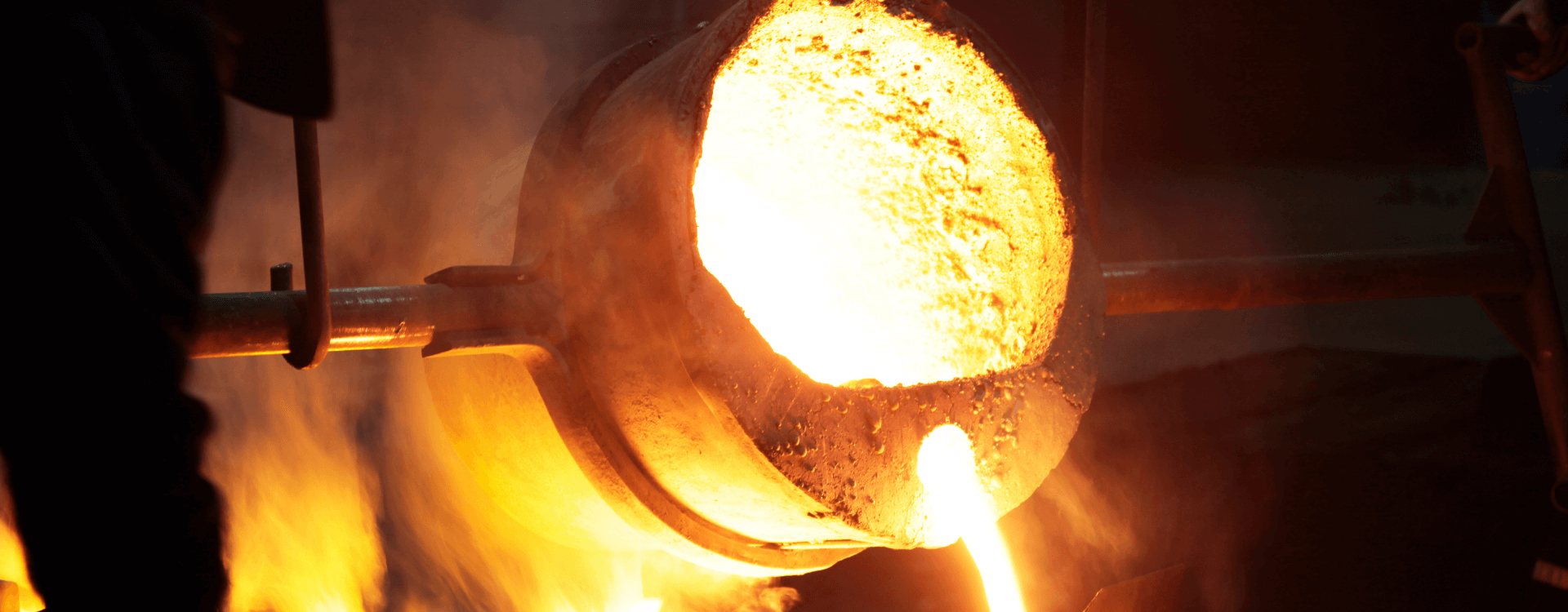
How to recover precious metals in a catalytic converter ?
If catalytic converters thefts are so frequent, it is because there is a rational and purely financial reason. Indeed, this anti-pollution device, fitted to the entire current French car fleet since the early 1990s, is full of precious metals whose resale value can be interesting. In this short article, we will deal with this very issue of catalytic converter recycling, but also with the extraction of these precious metals.
What precious metals are found in a catalytic converter ?
First of all, let's briefly review the operation and purpose of the catalytic converter. The purpose of the catalytic converter is to filter out fine particles from the exhaust gases. This requires a filter system that is both efficient and durable. For this reason, the internal structure of the catalytic converter, the monolith, is made up of rhodium, platinum, palladium or alumina. These metals form a honeycomb grid that effectively filters out fine particles. These metals are resistant to oxidation and corrosion, which ensures a fairly long service life for the catalytic converters. These metals have a fairly high market value, as they are expensive to extract and demand is very high. The recycling of catalytic converters (or catalysts) is therefore an important issue for the revalorisation of these metals, which can then be reinjected into the manufacture of new anti-pollution devices.
Do you want to know if your Catalytic Converter is Bad ? Do you want to know if your DPF is
Why recycle catalytic converters ?
Recycling a catalytic converter is particularly important. As the reuse of precious metals is possible, it is quite relevant to extract them. Moreover, there is a rather important ecological dimension. The release of these metals into the environment could have significant consequences for flora and fauna. The catalytic converter casing, made of metal, can easily be recycled in order to be revalued and transformed again. As for rare metals, there is quite a lot at stake since rare metals are particularly sought after. In order to control this phenomenon and to limit the risk of theft, the article of law L112-6 of the monetary code prohibits any cash transaction with regard to the sale of heavy metals. Since some of these metals can be worth more than gold, this framework has helped clean up the field and encourage the actual recycling of rare metals from catalytic converters.
South Africa is also the main mining country for rhodium in particular. As rare metals are expensive to transport, recycling reduces overall costs by encouraging the re-use of these rare metals, which are becoming increasingly valuable on the market.
What is the platinum in a catalytic converter ?
Platinum is a metal known for its nobility and resistance to corrosion. It is also very resistant to very high heat, which ensures a long life for catalytic converter monoliths. It is often present in catalytic converters as an alloy with copper or nickel. Even more expensive than white gold, platinum is particularly sought after, especially in the jewellery industry.
Within catalytic converters, platinum helps to reduce the carbon monoxide content of exhaust gases, thus actively reducing fine particle pollution. However, it should be noted that platinum is mainly used in cars with diesel engines where a diesel particulate filter is fitted. For petrol engines, rhodium is mainly used. Generally speaking, these rare metals have also made it possible to avoid the use of lead, the environmental impact of which has been noted many times.
How are precious metals mined ?
When recycling a catalytic converter, several steps are necessary to carry out the operation. Firstly, there is the dismantling phase, which consists of isolating the monolith from the catalytic converter shell. From there, the different metals are separated, following different chemical processes. The metals that can be recovered are then collected and resold. Other metals are directly recovered by foundries or steelworks to enable the assembly of new equipment.
And what about the rest ?
Surging prices for some metals have largely contributed to further strengthening the catalytic converter and diesel particulate filter recycling industry. However, some prices, such as that of rhodium, are sometimes quite unstable, which complicates the issue of supply and demand... And which somewhat destabilises the price per tonne of this rare metal. For the record, from 2017 to 2020, 26 tonnes of rhodium were produced in South Africa. In the same period, between 10 and 13 tonnes of rhodium were recycled. This demonstrates quite well the efficiency of the rare metal recycling industry.

